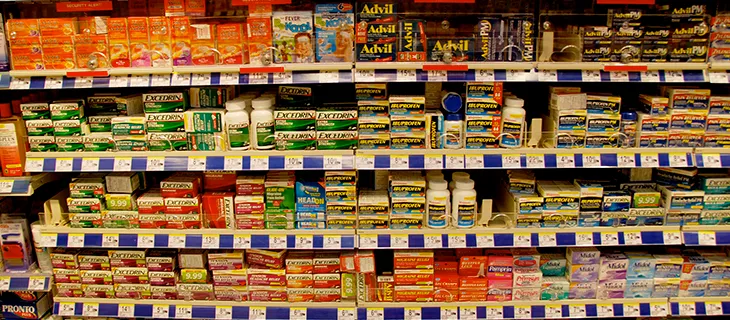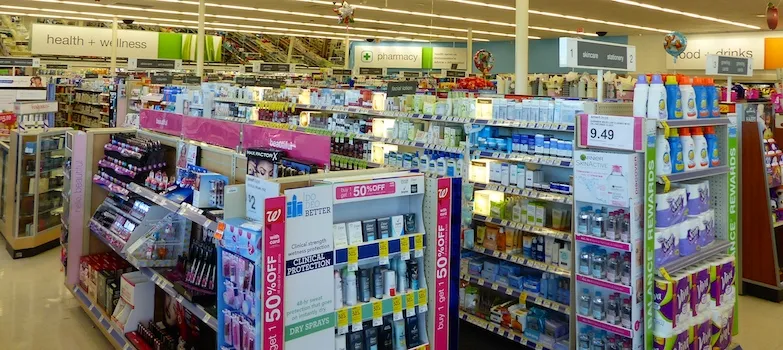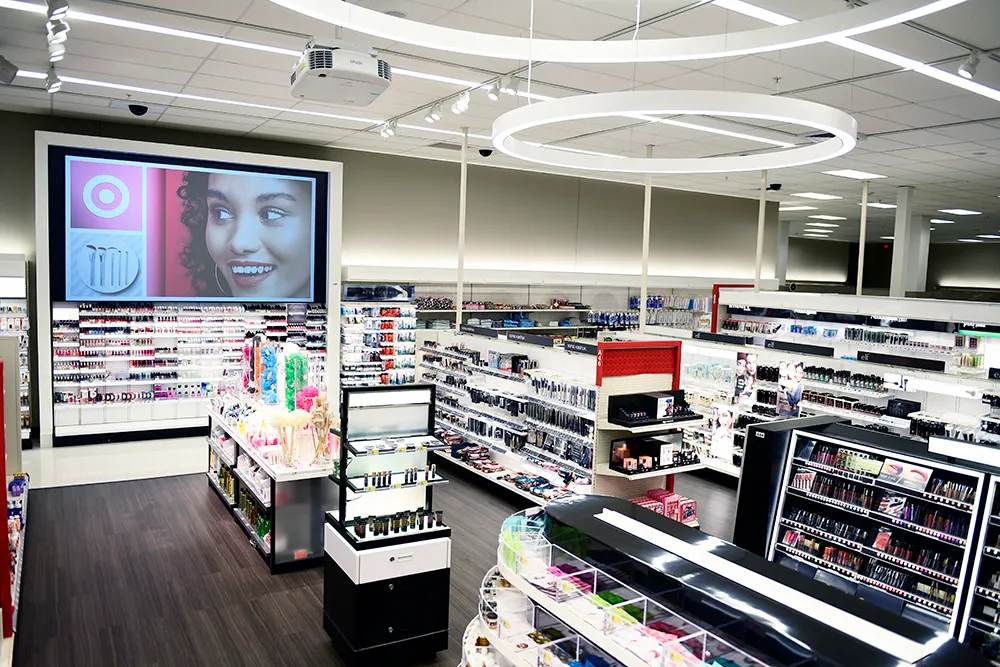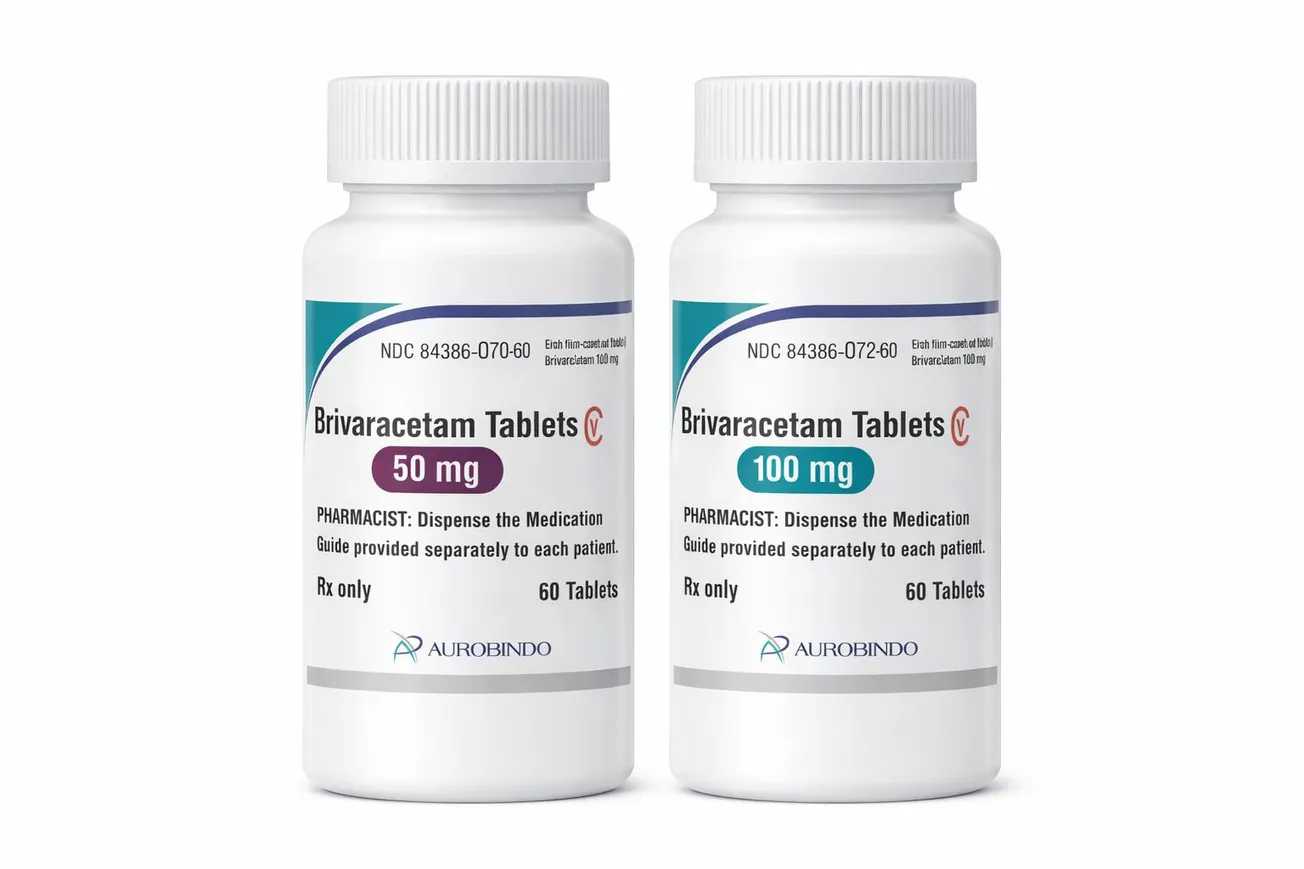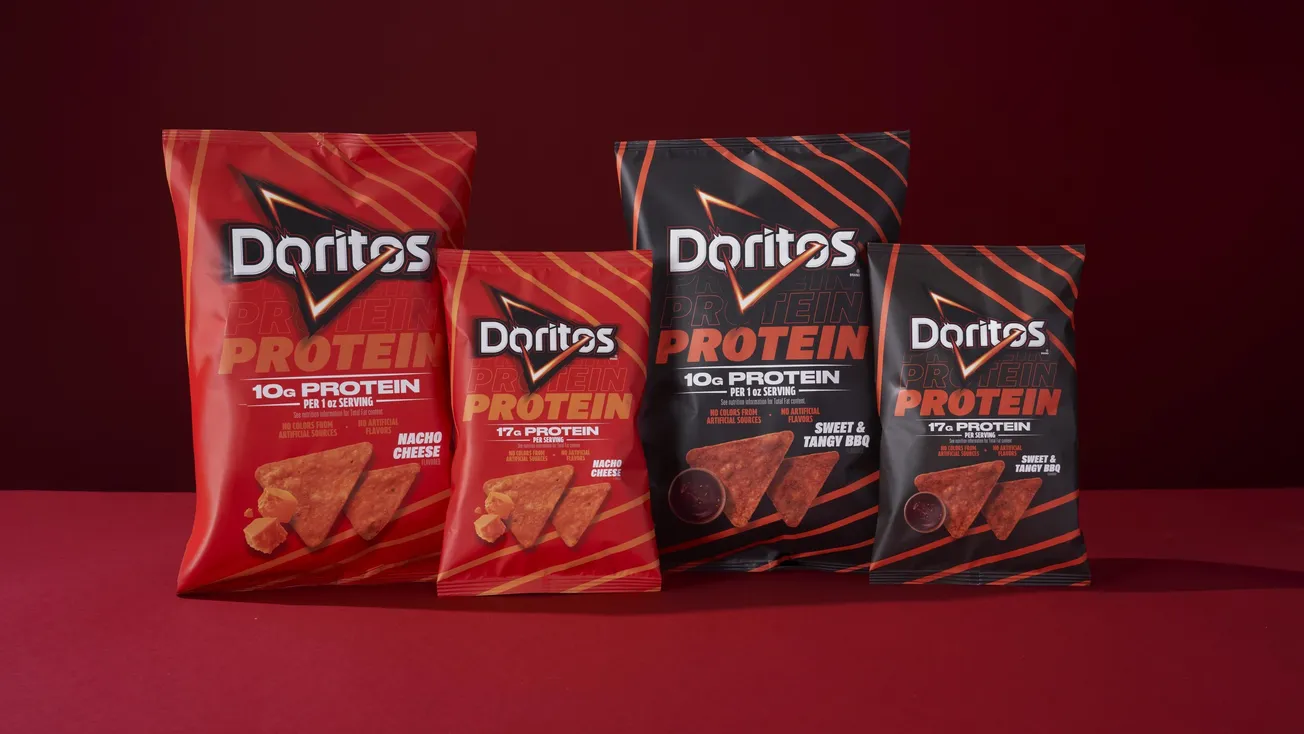MORRISTOWN, N.J. — The Nicholas Hall Group of Companies, in association with Everything Health, held its North American Consumer Healthcare Conference here in June.
With attendees from key consumer health care players and stakeholders, and speakers from companies including Bayer Corp., the Consumer Healthcare Products Association (CHPA), Google Inc., GlaxoSmithKline PLC, Perrigo Co. and Johnson & Johnson Consumer Products, the two-day event explored new areas of potential growth and technological innovations that will drive the consumer health care industry forward, as well as innovative new products and business model ideas.
Though they discussed the lack of prescription-to-O-T-C switch products in North America in recent years, panelists, speakers and delegates spoke optimistically of the future of the industry, with exciting new areas of growth, such as the CBD market, explored in depth.
Nicholas Hall, executive chairman and creative solutions director of the Nicholas Hall Group, kicked off the event with his keynote address, in which he discussed recent problematic trends and global sales in the consumer health care sector, including the underperformance of the retail market, underlying negativity in the industry, fragmentation and the lack of switches in North America. He then moved on to examine 15 key areas that have the potential for significant future growth and may help to pull the industry out of its slump. These areas included the consumer trend toward prevention rather than focusing on treatment, and the future growth of the probiotics and CBD categories.
The conference offered a highly informative series of speakers on CBD regulation and medical usage, followed by a lively Q&A on this hot-button ingredient.
Stephen Mueller, founder and chief technology officer of Mile High Labs, explored issues of quality within the CBD industry. He said that Mile High Labs’ ingredients are refined to contain less than 0.1% THC, a lower figure than the Farm Bill requires.
He stated that there are currently 1.2 million CBD users in the U.S. (58% of these being women) and 41% of CBD consumers use it daily. “However, there are many issues in the CBD market, including mislabeled products, facilities not operating under GMP [Good Manufacturing Practices] and a lack of adequate laboratory controls. Going forward, extractors should adhere to cGMPS [current Good Manufacturing Practices] outlined by the FDA; facilities and processes should be audited by a third party; there should be stringent and validated testing methods; and validated methods in place should be documented in the FDA’s new Dietary Ingredients Notification process to prove their accuracy.”

